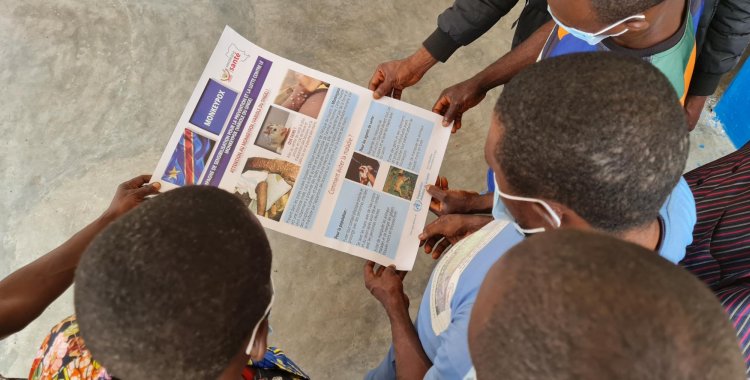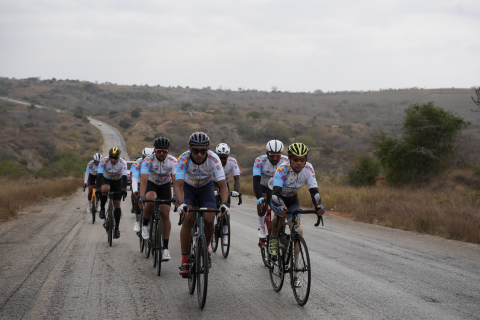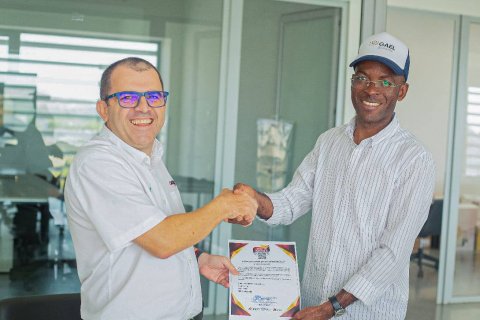In the opinion of Dimie Ogoina, who chaired the World Health Organization (WHO) emergency committee for mpox, "neglect led to the emergence of a new, more transmissible version of the virus in countries with few resources to stop outbreaks".
The mpox virus spread undetected for years in Nigeria and other countries before causing the 2022 outbreak in more than 70 countries, Ogoina explained in an online press conference.
"What we are witnessing in Africa now is different from the global outbreak of 2022," he declared.
"While this outbreak has overwhelmingly focused on homosexual and bisexual men, mpox in Africa is now being transmitted through sexual contact, as well as through close contact between children, pregnant women and other vulnerable groups," he said.
According to the researcher, although there is a strong probability that people over 50 have been vaccinated against smallpox, which may provide some protection against the disease, this is not the reality of the African population, characterized by a young majority and, therefore, more susceptible to contracting the disease.
Mpox belongs to the same viral family as smallpox, he contextualized.
"The disease spreads mainly through direct skin-to-skin contact and people with more severe cases may develop prominent blisters on the face, hands, chest and genitals," he said.
Earlier this month, the WHO declared mpox outbreaks in the Democratic Republic of the Congo (DRCongo) - a country that borders Angola - and 11 other countries in Africa as a global emergency.
Of a total of 18,910 cases in 2024, 94 percent - that is, 17,794 - occurred in DRCongo, according to the African Centers for Disease Control and Prevention, with 535 of the 541 deaths recorded last week.
About 70 percent of mpox infections in DRCongo occur in children under 15 years of age.
The Congolese scientist who helped identify the latest version of mpox, Placide Mbala-Kingebeni, said diagnostic tests used in the country do not always detect it, making it difficult to track the spread of the variant.
In May, Mbala-Kingebeni, who runs a laboratory at DRCongo's National Institute of Biomedical Research, published research showing a new form of mpox, which may be less deadly but more transmissible.
The mutations seen in the new form of mpox suggest it is "more adapted to human transmission," he said, but a lack of testing in DRCongo, and elsewhere, is complicating outbreak monitoring efforts.
The new variant has been detected in four other African countries, as well as Sweden and Thailand.
The WHO said the data available so far does not suggest that this variant is more dangerous, but that the investigation is ongoing.
A virologist at the Erasmus Medical Center in the Netherlands, Marion Koopmans, said scientists are now seeing some significant impacts of the disease, noting that pregnant women are losing their fetuses and that some babies are being born infected.
According to Ogoina, "In the absence of vaccines and medicines, African health professionals must focus on providing supportive care, such as ensuring patients have enough to eat and receive mental health support, given the stigma that many Sometimes it comes with the mpox".
Mbala-Kingebeni suggested that strategies previously used to stop Ebola outbreaks in Africa could help, given the limited number of vaccines.
The WHO appealed, this Tuesday, for funding of 87.4 million dollars for the next six months to stop the mpox outbreaks.







